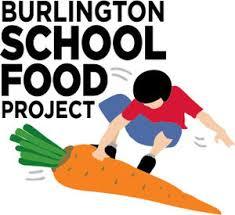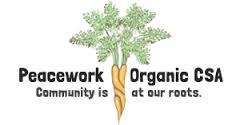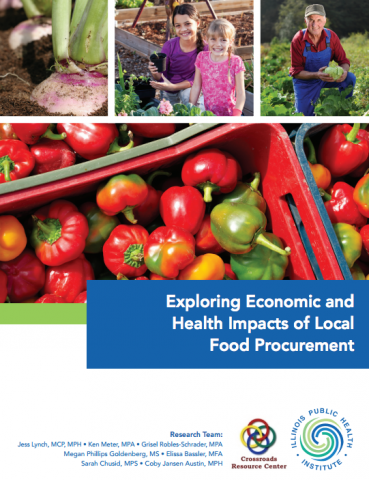The Burlington School Food Project aims to serve wholesome, fresh, nutritious, and local food to the 4,000 students in the Burlington School District. To do so, the project supports the creation of school gardens and farm partnerships, and prioritizes farm field trips, cooking classes and nutrition education to promote health and the local economy more generally. Catalyzed in 2003 by a three-year USDA grant that brought together the school district, nonprofits, and families, the project was strengthened in 2006 when the district hired the first “Farm to School Coordinator” in the nation to source and encourage the use of locally grown foods. All schools in the district now include a productive garden, and the district serves up to 70 percent local products (depending on the season) in school meals. The project also encompasses a mobile restaurant that serves as a culinary job training program for local students.



